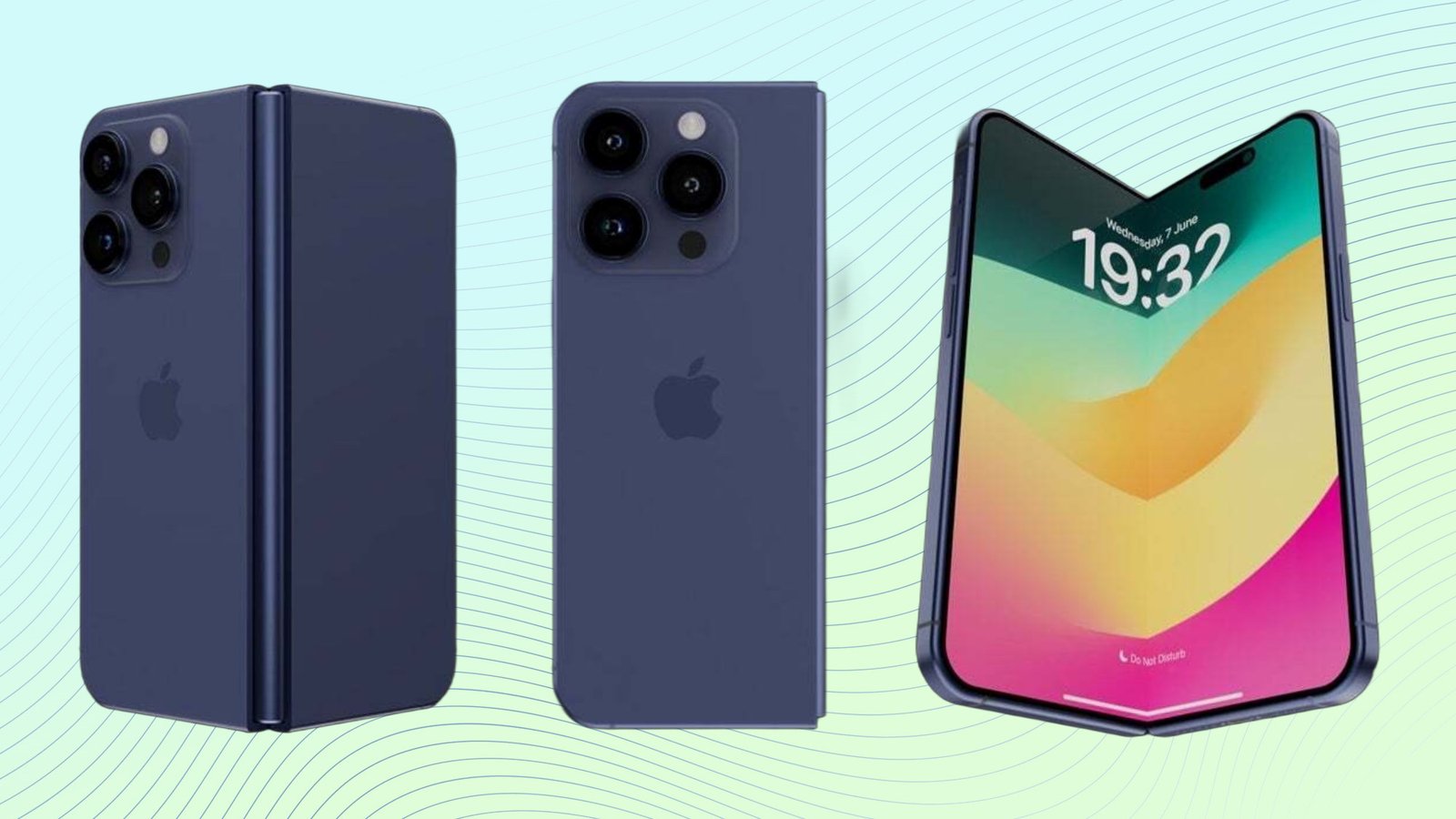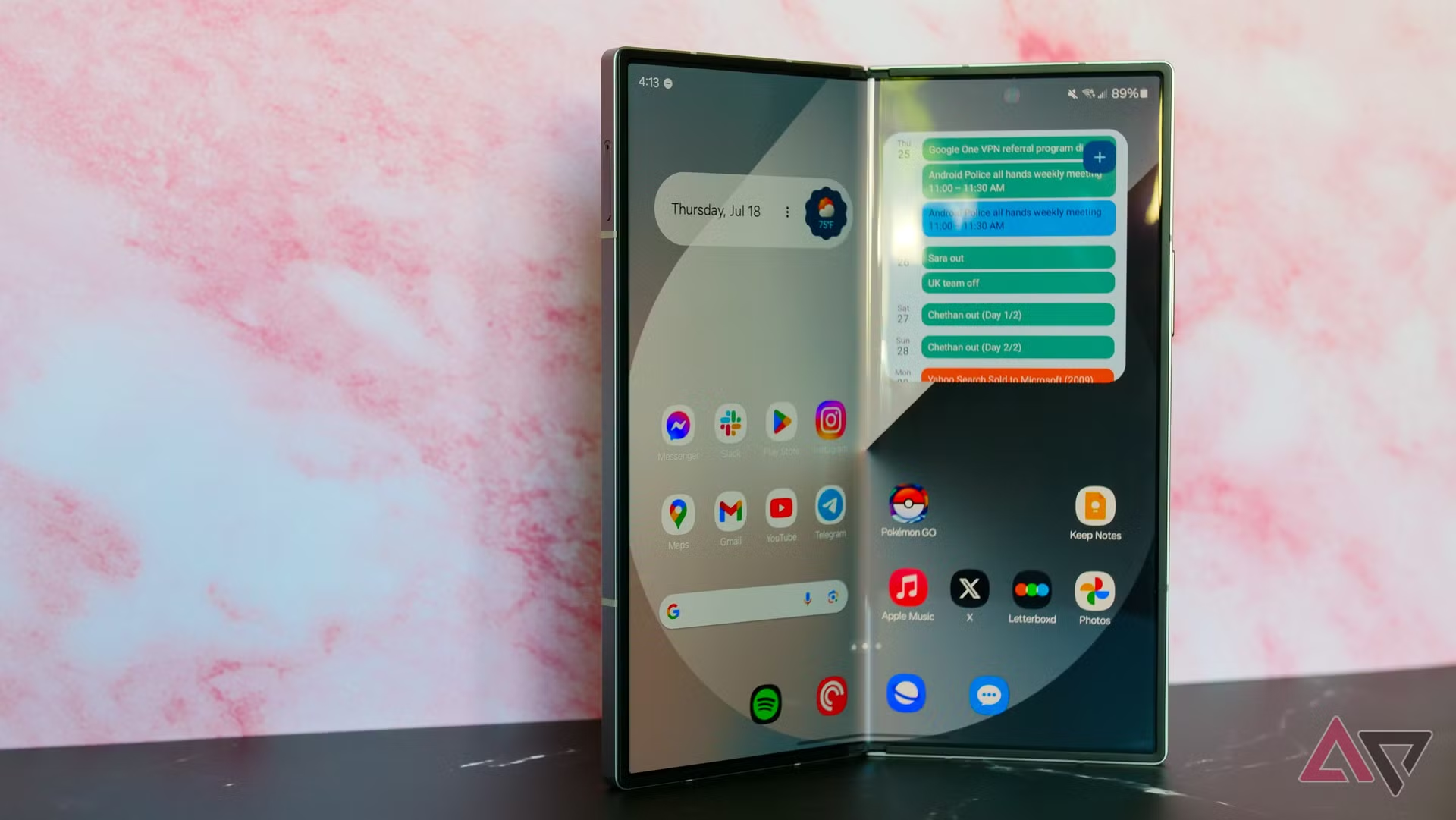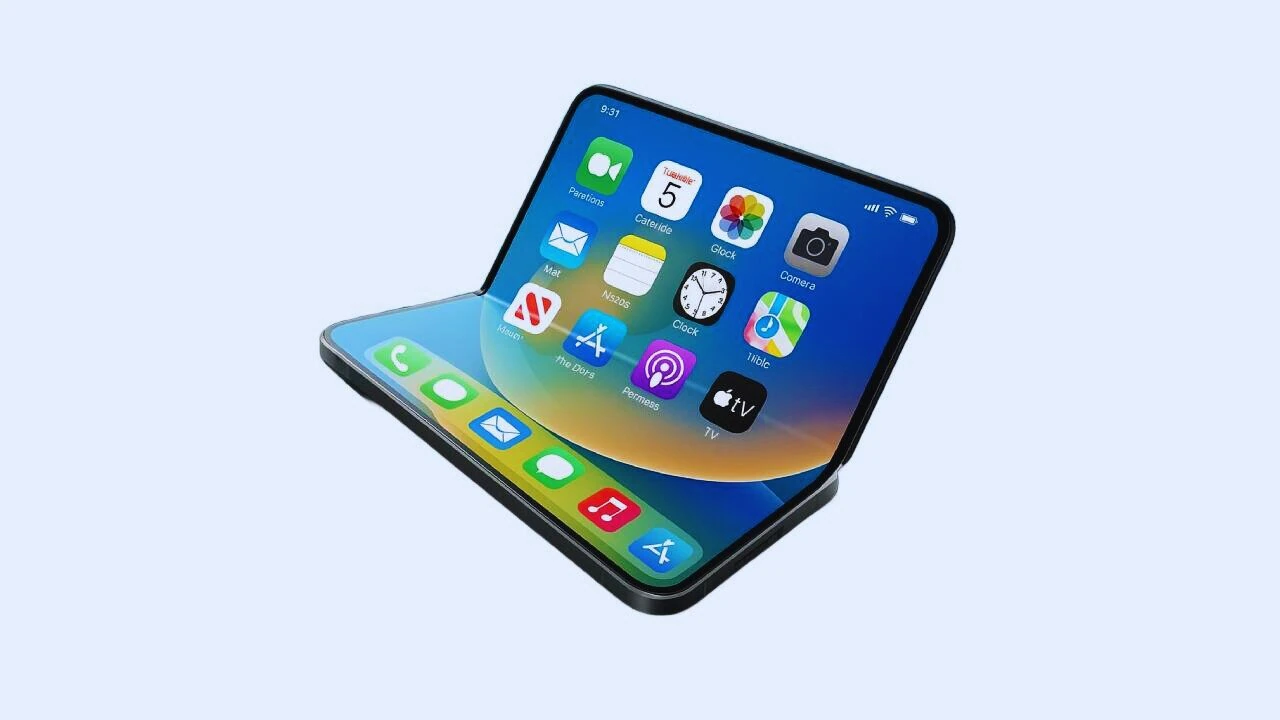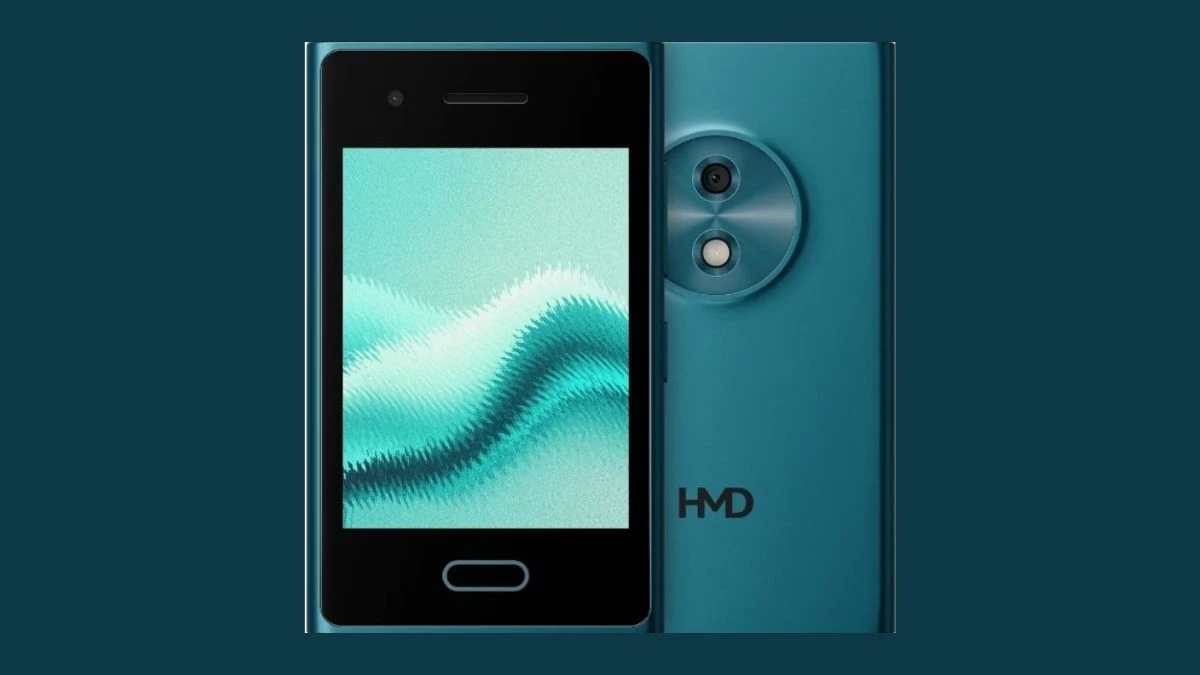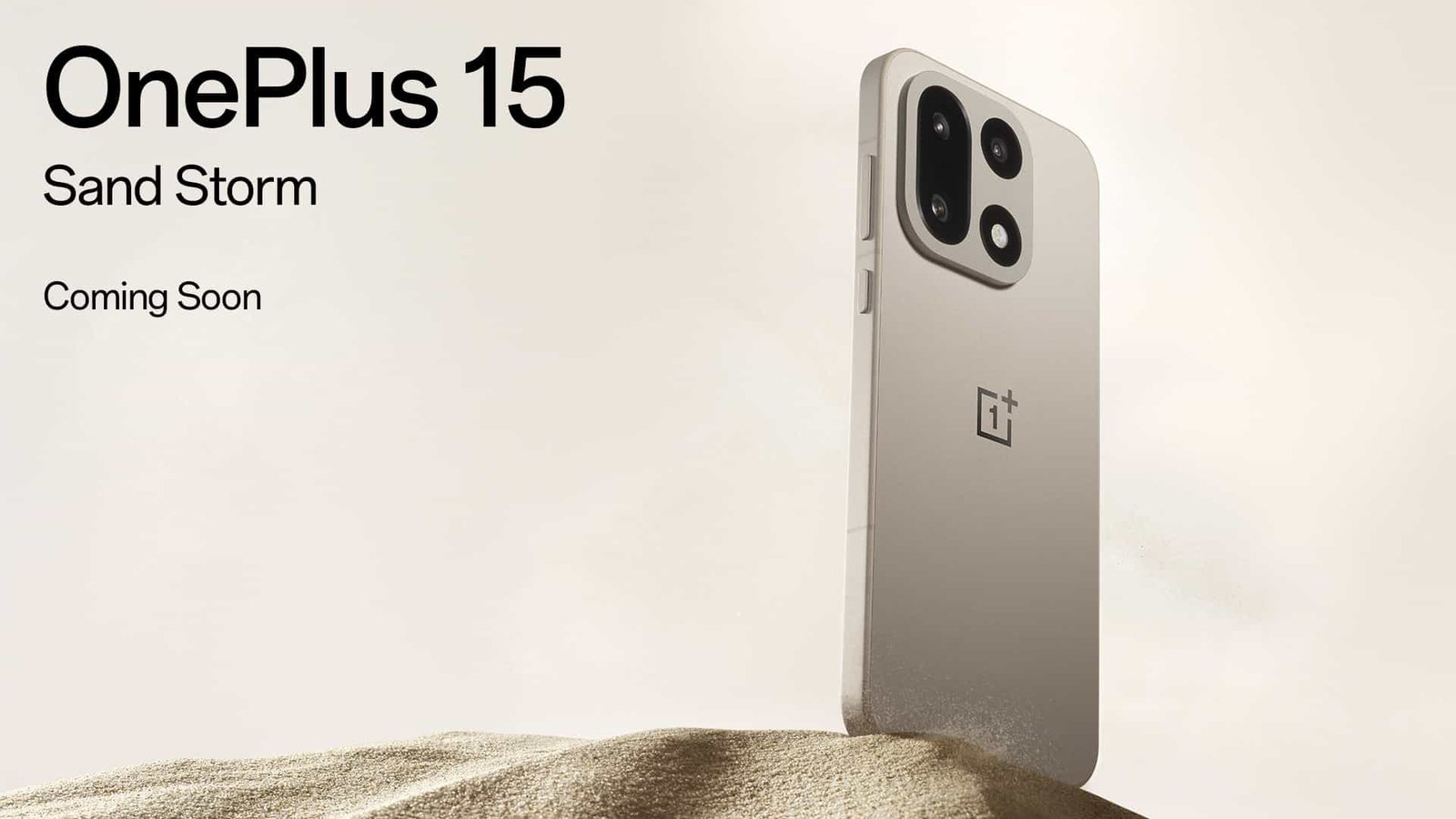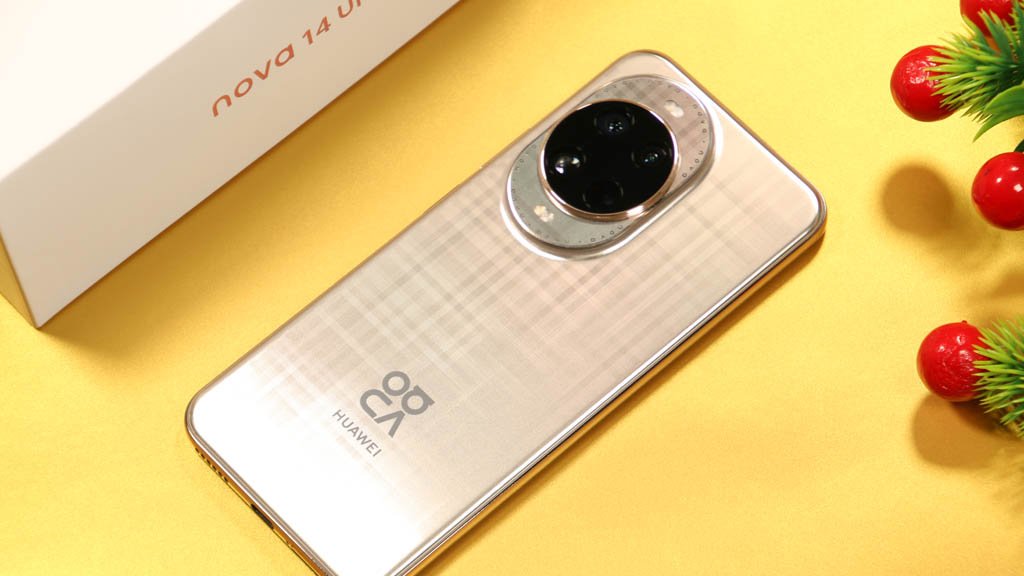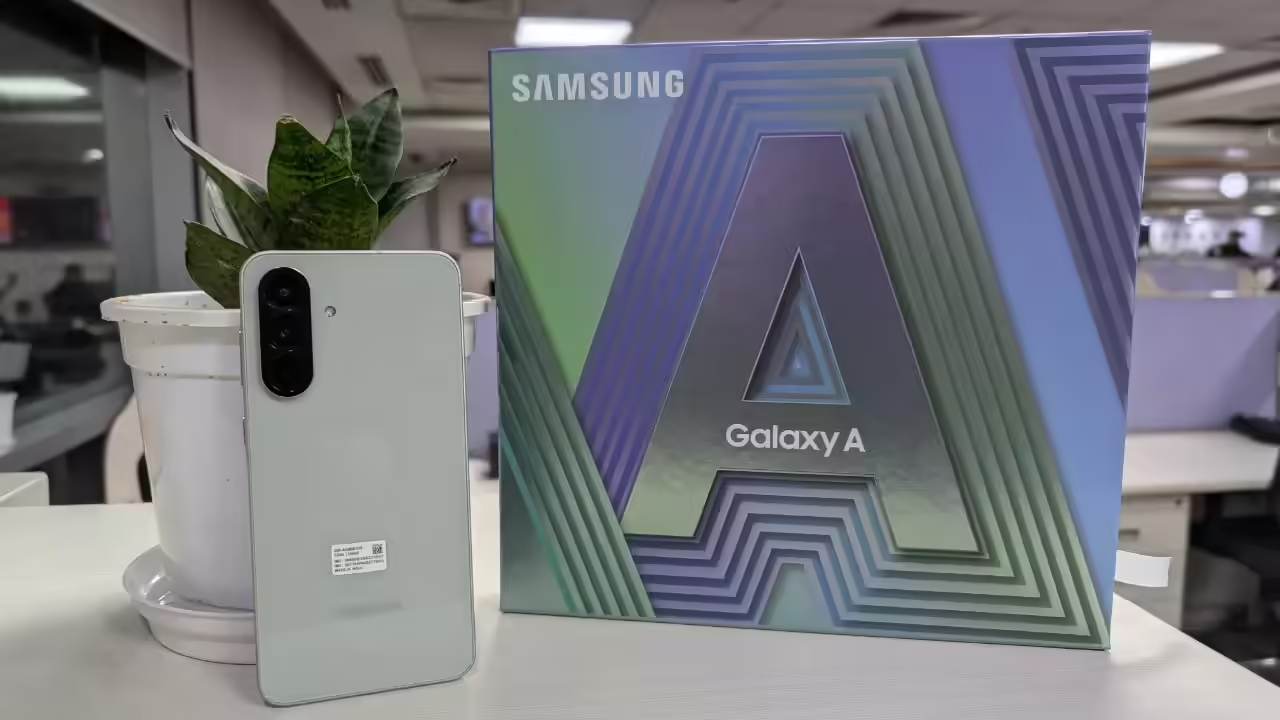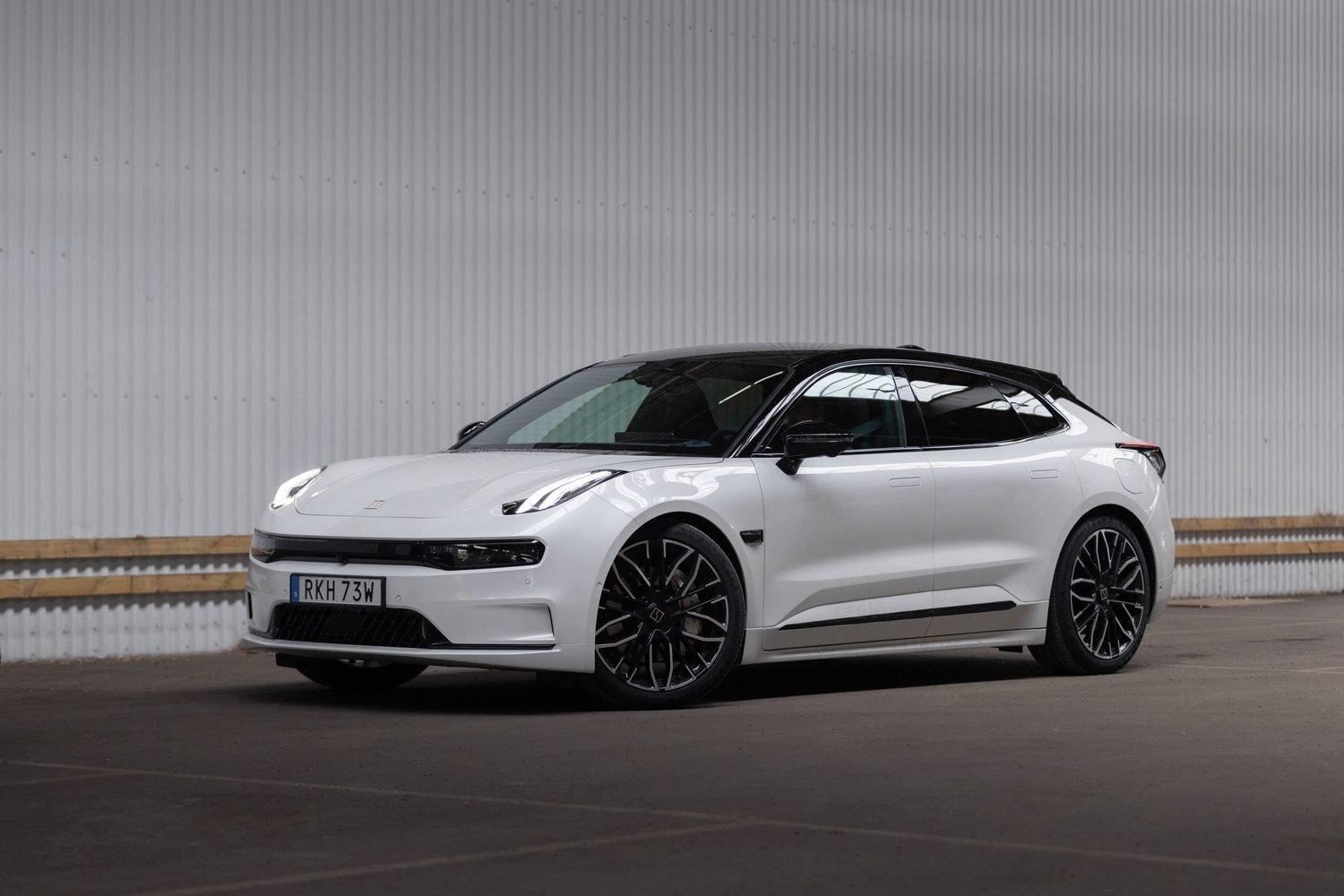Apple has long been rumored to be working on its first-ever foldable iPhone, a device that could redefine how users interact with smartphones. While excitement continues to build around its potential design, features, and performance, a new report from a well-known industry analyst suggests that the foldable iPhone will not include an in-display fingerprint sensor (Touch ID).
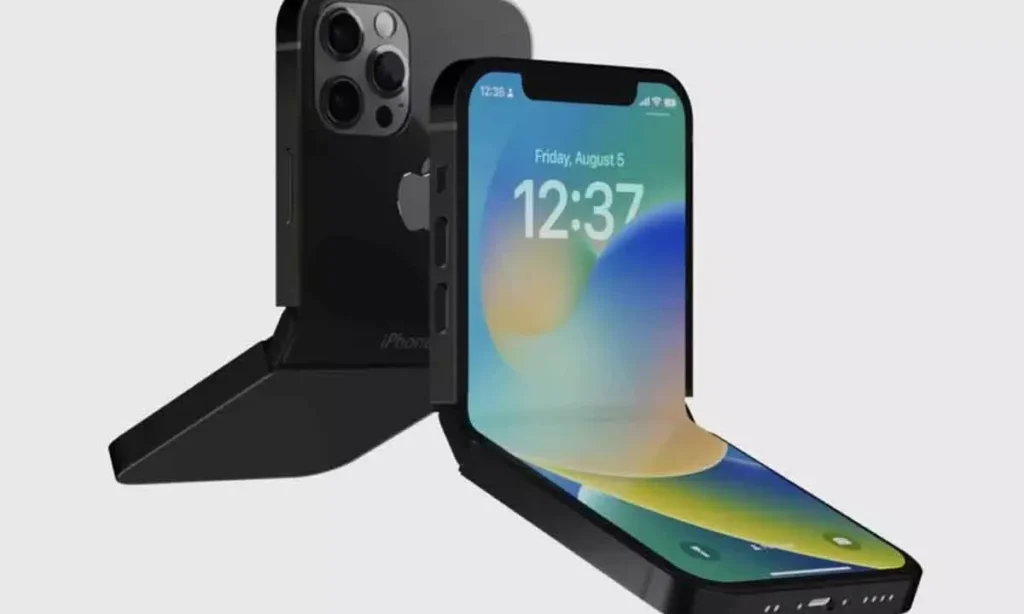
This claim is significant, as many competitors in the foldable smartphone market, such as Samsung and Huawei, offer fingerprint authentication within their displays. Apple’s decision to skip this feature might point to a different security strategy, likely focusing on Face ID and other biometric innovations.
No In-Display Touch ID: What It Means
The removal (or absence) of Touch ID in the foldable iPhone could come down to Apple’s broader vision. For several years, Apple has been prioritizing Face ID as its primary authentication system, citing its speed, reliability, and integration with secure hardware.
Unlike Android rivals, Apple has shown little interest in reintroducing Touch ID in its flagship devices. Even though there were occasional rumors about under-display fingerprint sensors making a comeback, it now seems clear that Apple is doubling down on Face ID, even in its foldable lineup.
Apple’s Security Approach
Apple is known for its ecosystem-driven hardware and software integration, which emphasizes user security. With the foldable iPhone, Apple is expected to bring an advanced under-display Face ID system, ensuring that the larger screen and folding design do not interfere with seamless unlocking or authentication.
This means the foldable iPhone will likely skip fingerprint sensors altogether, focusing instead on a more streamlined and futuristic user experience. Other biometric possibilities, such as palm recognition or advanced facial scanning, could also be part of Apple’s roadmap.
Design Priorities
By excluding the in-display fingerprint sensor, Apple could be making room for:
- Thinner bezels and a cleaner foldable display.
- Better internal space optimization, improving battery and thermal management.
- Advanced camera systems that benefit from freed-up space inside the device.
Apple’s design philosophy has often centered on minimalism and functionality, so this choice aligns with the company’s approach of simplifying hardware while improving overall performance.
How It Compares to Rivals
Samsung’s Galaxy Z Fold series and Huawei’s Mate X lineup both offer fingerprint sensors, with some models even placing them in the power button. Apple’s decision to skip this feature shows its intent to differentiate, focusing on software-based security and reliability over hardware redundancy.
If Apple can deliver faster, more accurate, and more secure Face ID solutions, the lack of Touch ID may not be seen as a drawback by most users. Instead, it could reinforce Apple’s confidence in its own technologies.
Conclusion
The upcoming foldable iPhone will undoubtedly be one of the most talked-about devices in the smartphone industry. While the absence of an in-display fingerprint sensor may disappoint some users, Apple appears committed to Face ID and advanced biometric security as the cornerstone of its foldable device.
As always, Apple’s decisions prioritize user experience, security, and design elegance over simply matching competitors feature-for-feature. If the foldable iPhone delivers on expectations, its unique approach could set new benchmarks for the foldable smartphone category.
FAQs
Q1. Will Apple’s foldable iPhone have Touch ID?
No, analysts suggest it will not feature an in-display fingerprint sensor and will rely mainly on Face ID.
Q2. What security system will Apple use in the foldable iPhone?
Apple is expected to integrate advanced under-display Face ID for secure and seamless authentication.
Q3. Why is Apple skipping the fingerprint sensor?
Apple appears focused on minimal design, optimized internal space, and reliance on Face ID instead of multiple biometric systems.
Q4. How does this compare to Samsung foldables?
Samsung foldables typically include fingerprint sensors, but Apple is choosing to rely exclusively on Face ID for its foldable device.
Q5. When will Apple release the foldable iPhone?
While no official date has been confirmed, reports suggest a potential launch around 2026 or later.

